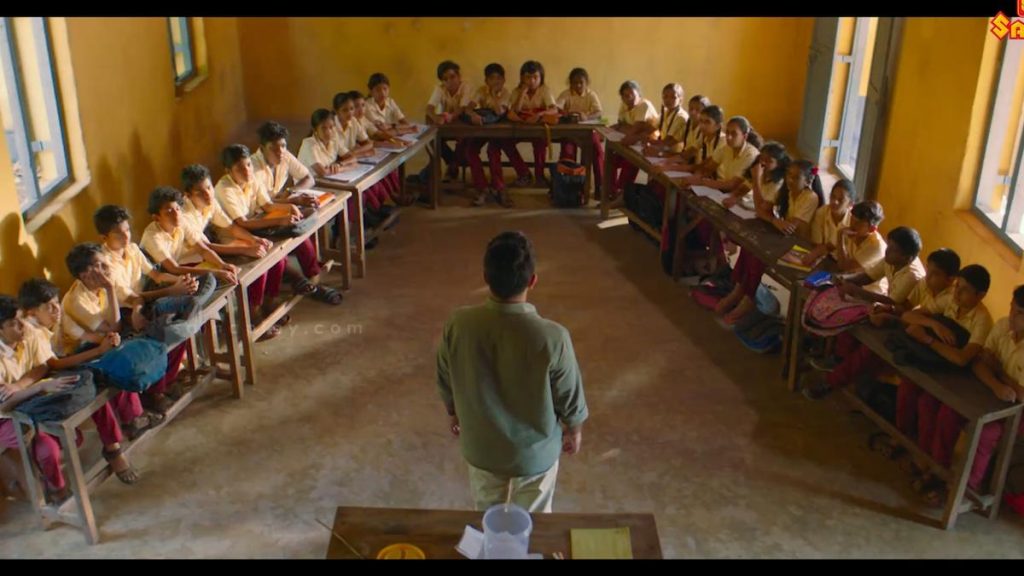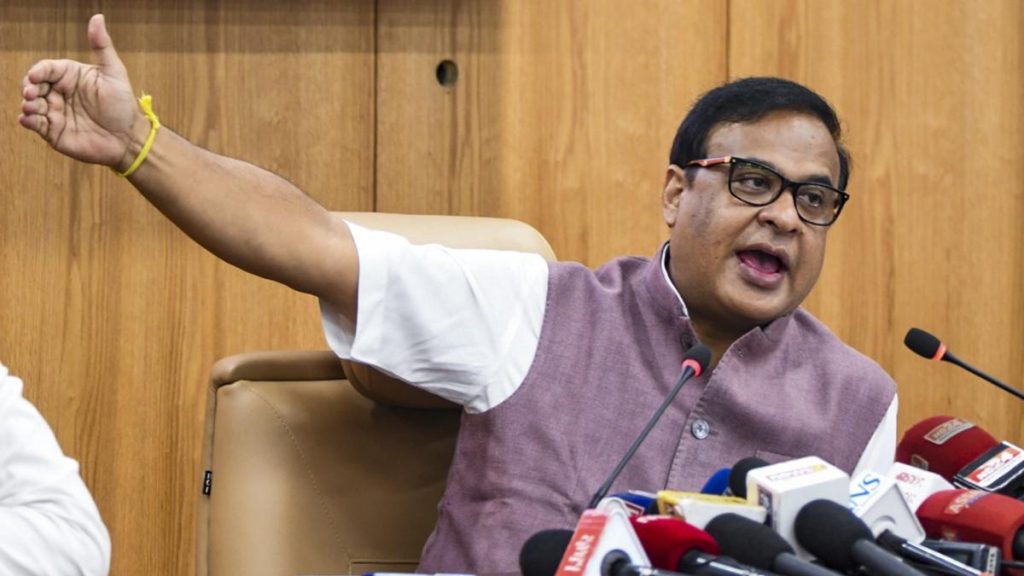Now Reading: Colorado’s Rural Electric Co-ops Embrace Green Energy Goals
-
01
Colorado’s Rural Electric Co-ops Embrace Green Energy Goals
Colorado’s Rural Electric Co-ops Embrace Green Energy Goals

Quick Summary
- Colorado’s San Luis Valley Rural Electric Cooperative (serving over 7,500 peopel) was awarded $1.7 million federal funding in January 2025 to build two solar farms as part of Biden-era climate initiatives.
- Federal grants, like the New ERA ($9.7 billion) and PACE ($1 billion), were designed to aid rural electrification through clean energy projects and infrastructure upgrades.
- Following President Trump’s executive order in early 2025, billions of dollars for climate and energy programs initially froze but have now started slowly unfreezing with conditions imposed by the USDA requiring revisions to remove DEIA (diversity, equity, inclusion, accessibility) mandates from project proposals.
- Colorado co-ops are among major recipients; ten rural co-operatives received $800 million for clean energy transition aligned with state laws requiring an 80% cut in emissions by 2030.
- Legal experts challenge attempts to restrict or delay funding already committed by law.
Indian Opinion Analysis
The release of funding for renewable energy projects under adjusted terms highlights a complex interplay between policy changes under successive administrations. Rural electric cooperatives have long been integral to powering underserved areas across India-like regions globally. Their push toward renewable sources such as solar-driven largely by economic necessity and environmental regulations-underscores how such measures can substantially impact rural infrastructures.
For India, this case study reflects how government-supported investments in decentralized electrification using renewables can transform remote communities both socially and economically without disproportionate burdening local ratepayers. However inevitably balancing inclusiveness tradeoff-efficient timelines show exmaple could further resonate actionable takeaway Indian context-agriculture rural ties cooperative model enabling affordability dependability align transitions pressing grids cleaner technologies paths transformational rejuvenate strugglingumped/coerced
























